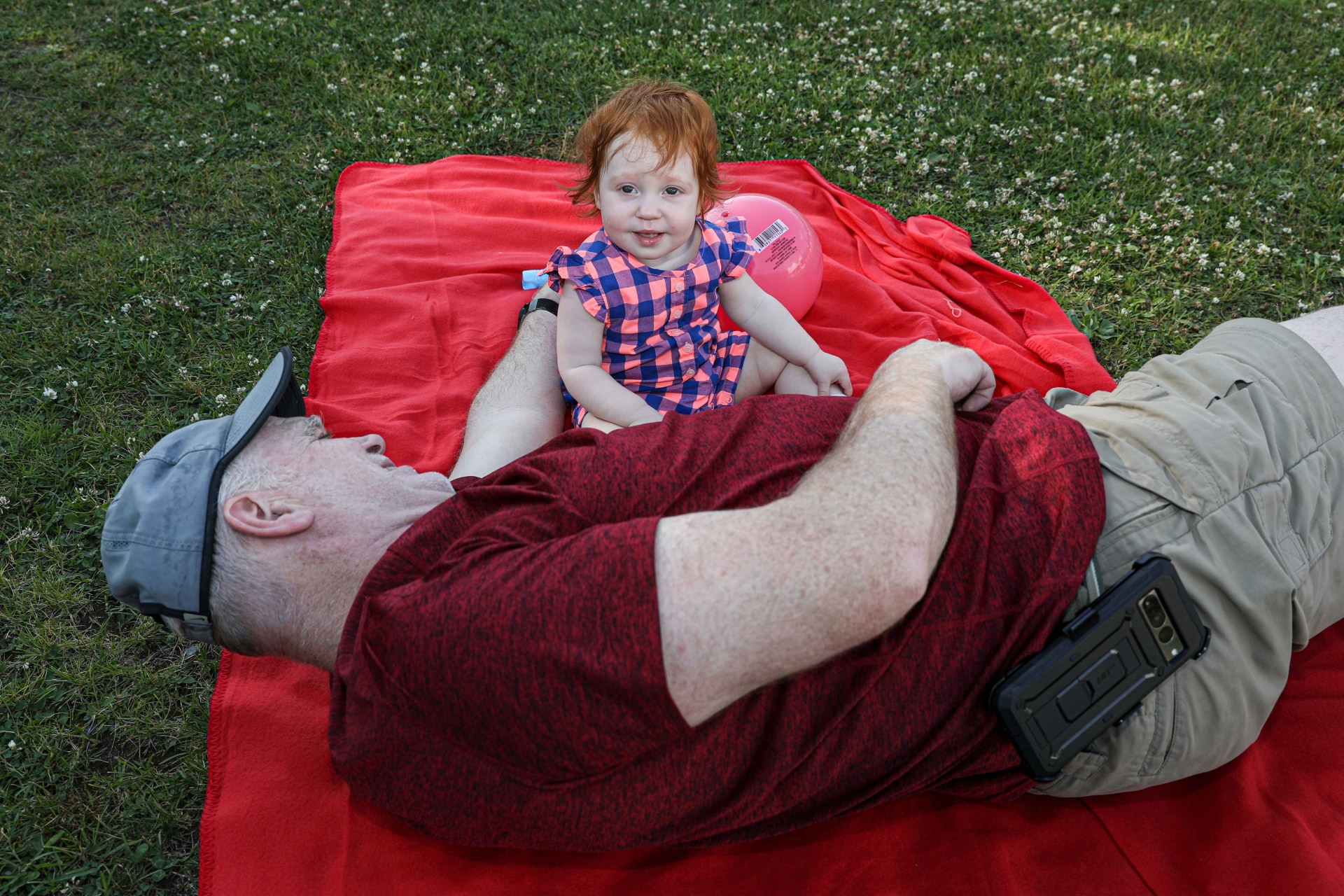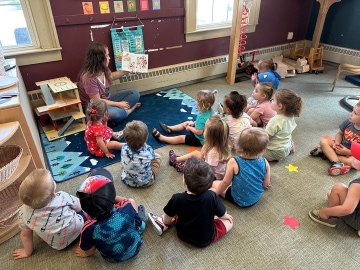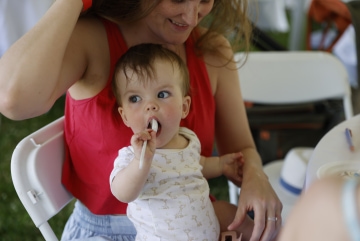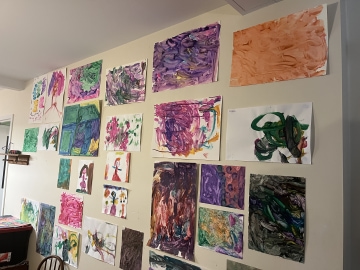
Building strong children and families is how we build a strong foundation for New Hampshire’s future. Research into child development tells us that children's brains are developing from the bottom up. When state policy supports young children, we are building a strong foundation for their brains to develop and them to live healthy and happy lives. New Futures supports policies that give children what they need to thrive now and in the future. These policy priorities include quality, affordable child care, family support and strengthening programs, resources for child protection, home visiting programs, and nutrition assistance programs.






